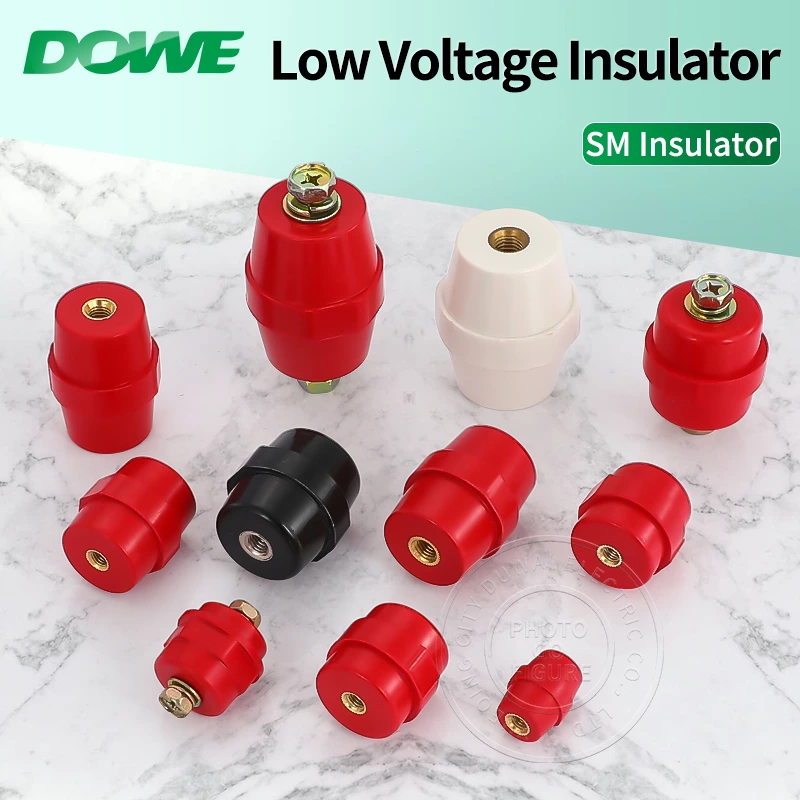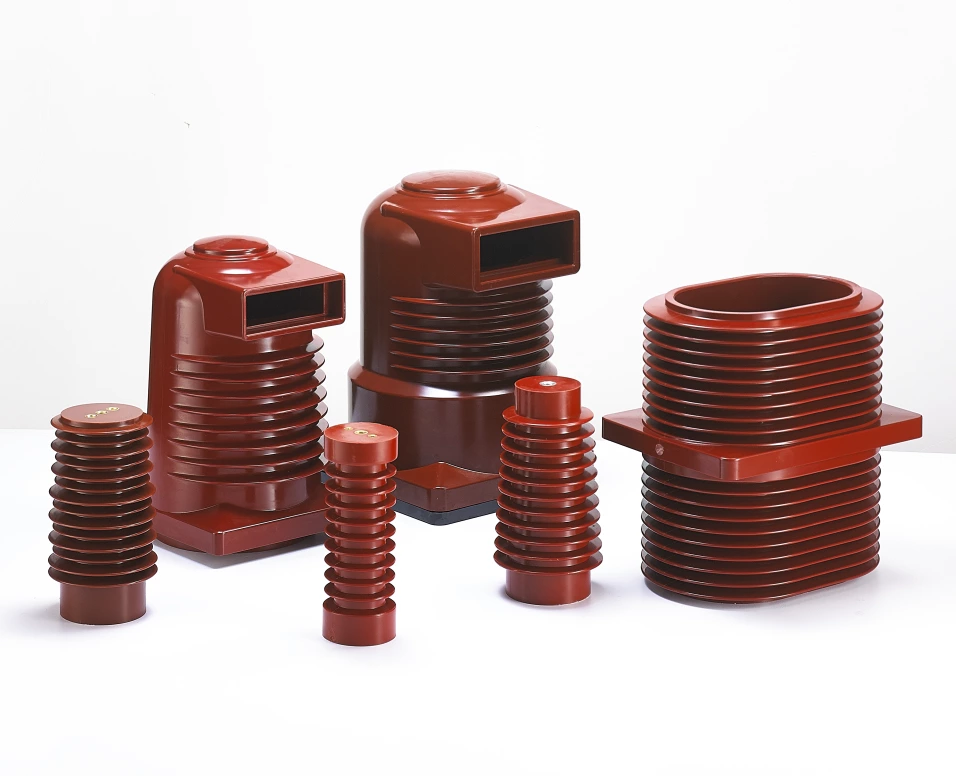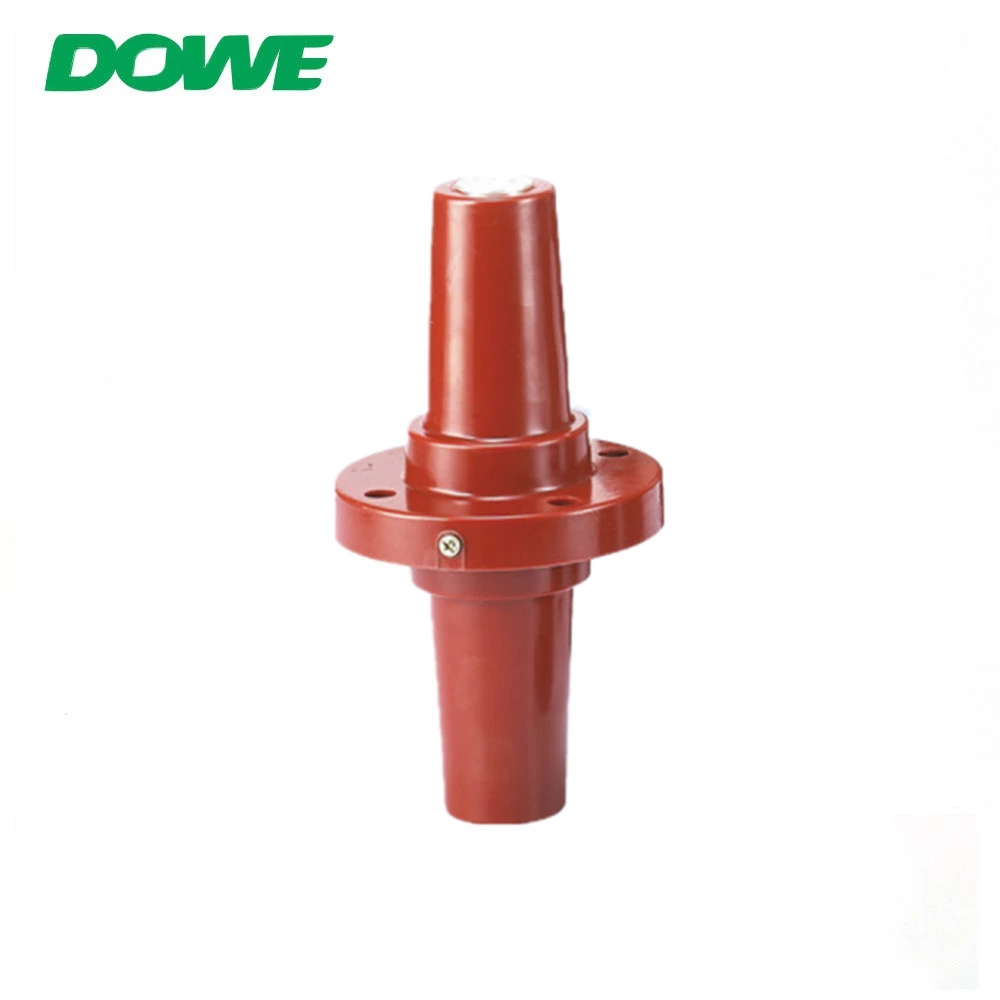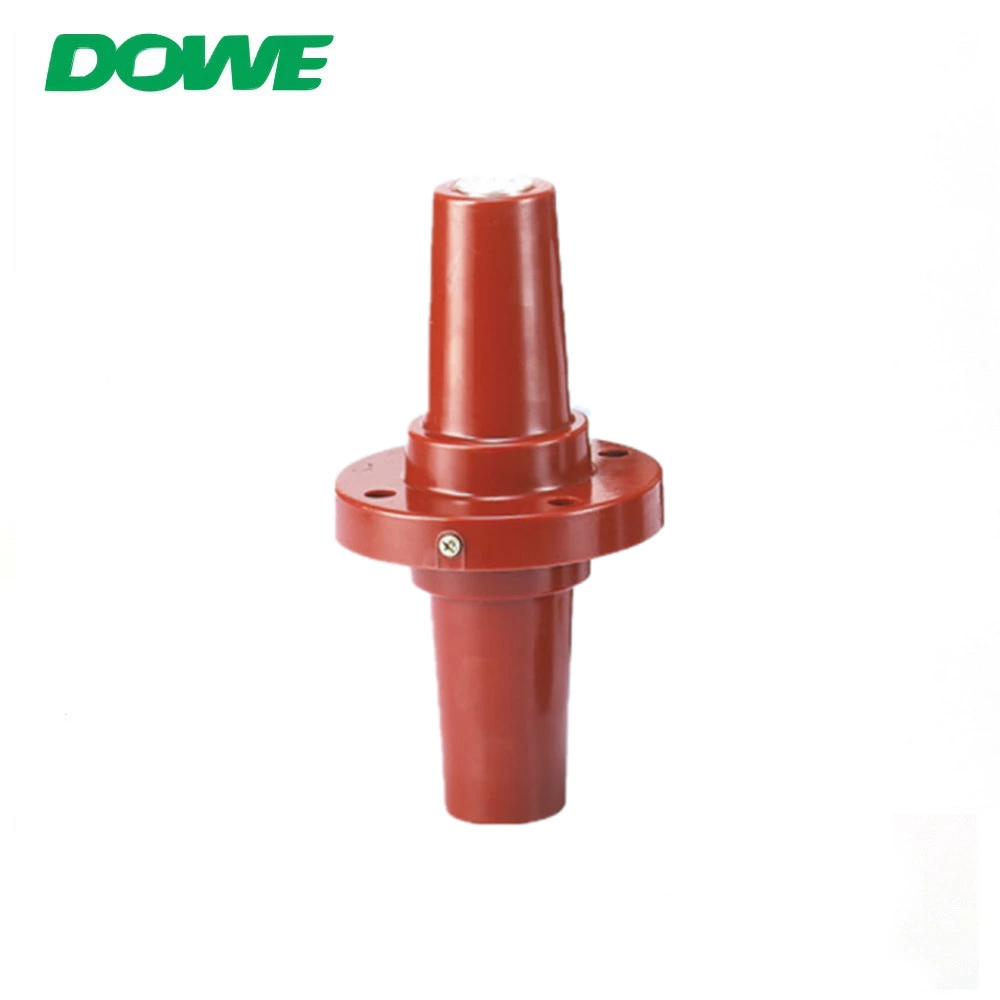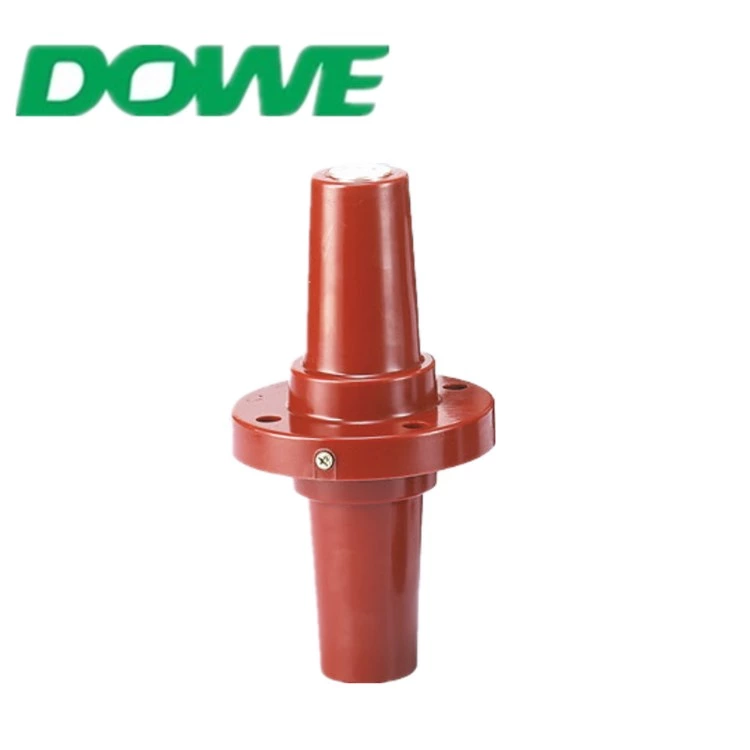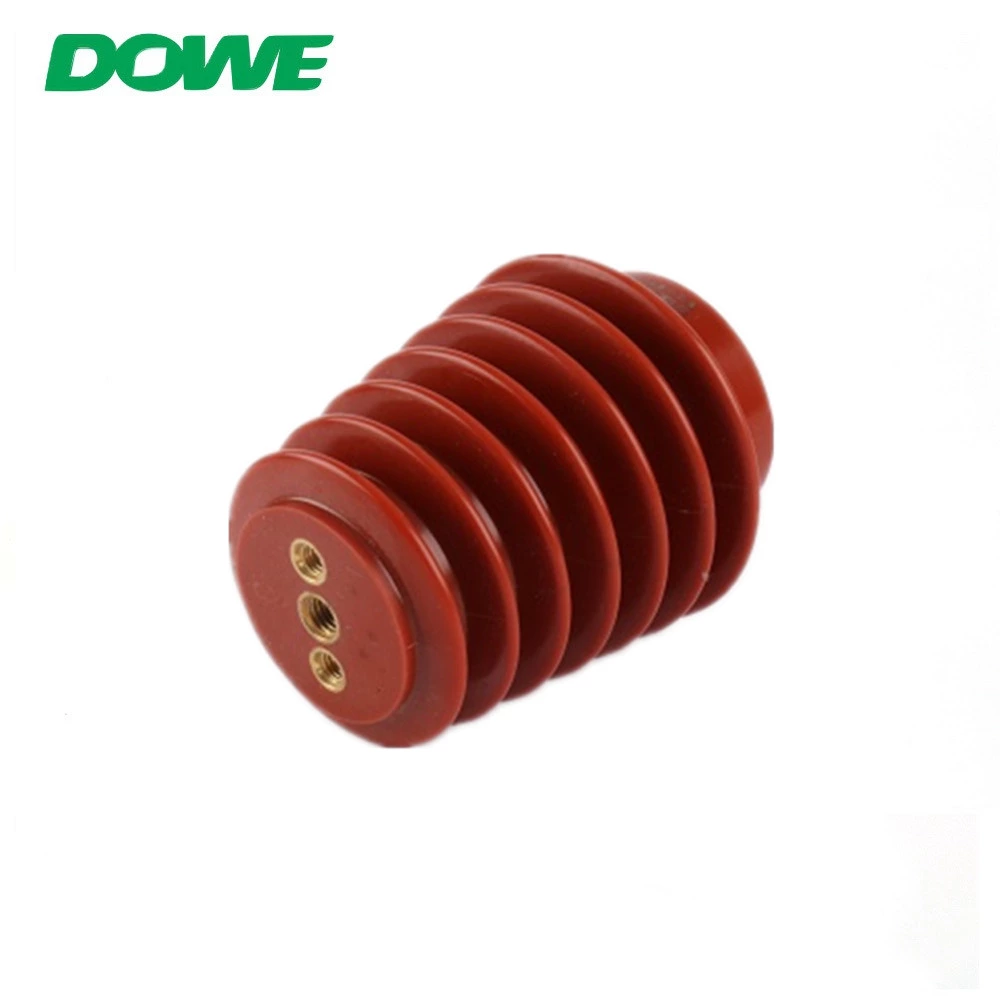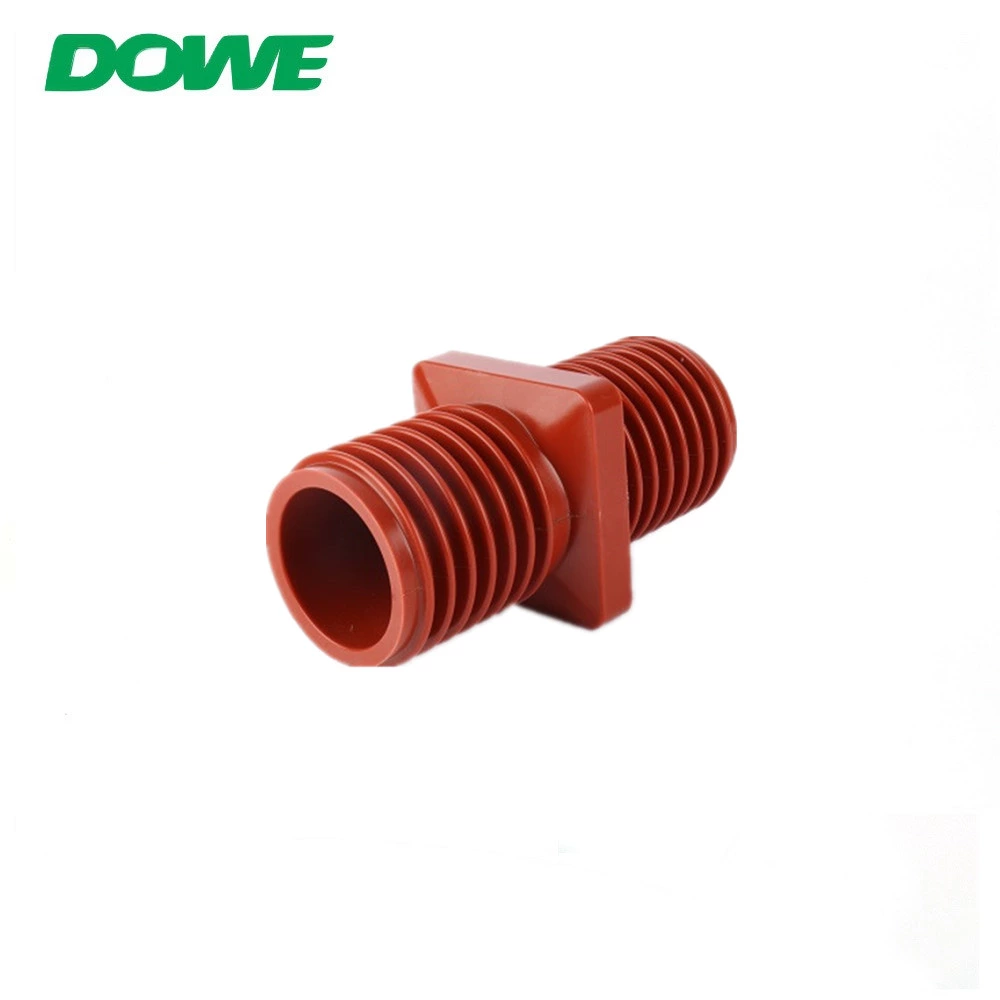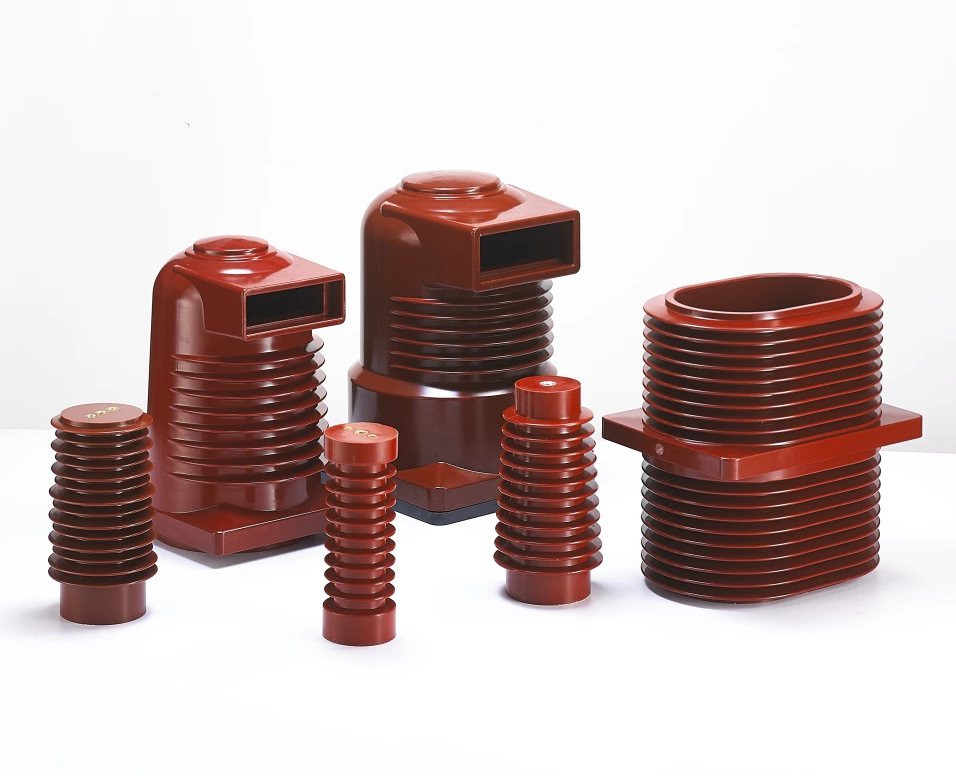Why Are Busbar Support Insulators Essential for Safety in High Voltage Systems?

When dealing with high voltage systems, safety is paramount. Busbar support insulators1 play a critical role in ensuring that electrical systems remain stable and secure. Without them, there could be risks of electrical faults, hazardous breakdowns, and even accidents.
[Table of contents]
- How do Busbar Support Insulators Prevent Electrical Hazards in High Voltage Systems?
- How Do Busbar Support Insulators Contribute to System Longevity and Reliability?
- What Are the Key Factors to Consider When Selecting Busbar Support Insulators?
How do Busbar Support Insulators Prevent Electrical Hazards in High Voltage Systems?
Busbar support insulators are designed to protect electrical systems from the dangers of short circuits and arc faults. Their role goes beyond simply supporting the busbars; they ensure that high voltage is safely contained within the system and does not leak into surrounding areas.
Electrical Hazard Prevention
By providing high insulation resistance, busbar support insulators prevent leakage currents that could otherwise lead to fires, explosions, or equipment failure in high voltage systems.
 

Dive Deeper: The Role of Material and Design in Busbar Support Insulators' Performance
The effectiveness of busbar support insulators hinges largely on the materials used and their design. Materials like porcelain2, fiberglass3, and composite polymers are commonly used because of their high dielectric strength. Each material has its advantages depending on the specific requirements of the system, such as temperature tolerance and mechanical strength.
| Material Type | Advantages | Disadvantages |
|---|---|---|
| Porcelain | High durability, excellent insulation | Prone to breakage under stress |
| Fiberglass | Lightweight, high mechanical strength | Lower insulation resistance at high temperatures |
| Composite Polymers | Resistant to environmental conditions, flexible | Can be more expensive |
The design of the insulator is equally important. Busbar support insulators are engineered to minimize leakage currents, even under extreme operating conditions. Their structure also allows them to withstand high mechanical stresses, such as vibration or thermal expansion, without failing.
How Do Busbar Support Insulators Contribute to System Longevity and Reliability?
By providing the necessary support and insulation, busbar support insulators ensure that high voltage systems continue to operate reliably over time. This reduces maintenance costs and the likelihood of unexpected failures that can lead to expensive downtime.
System Longevity and Reliability
By reducing wear and tear on busbars and other system components, busbar support insulators extend the lifespan of high voltage systems, making them more reliable and cost-effective.
Dive Deeper: The Impact of Environmental Conditions on Busbar Support Insulators
The performance of busbar support insulators can also be affected by environmental conditions, such as humidity, temperature, and pollution. Insulators exposed to harsh outdoor conditions may require regular maintenance or replacement to ensure that their insulating properties remain intact.
To mitigate these risks, manufacturers design insulators with special coatings or treatments that protect them from environmental degradation, ensuring that they continue to function effectively even in extreme conditions.
What Are the Key Factors to Consider When Selecting Busbar Support Insulators?
When selecting busbar support insulators, there are several factors to consider, such as the voltage rating, environmental factors, and mechanical stress the insulators will face. It’s important to choose the right insulator to ensure both safety and performance in high voltage systems.
Key Selection Factors
Choosing the right busbar support insulator requires evaluating factors like voltage rating, material properties, and environmental conditions to ensure optimal safety and performance.
Conclusion
Busbar support insulators are crucial for maintaining safety, reliability, and longevity in high voltage systems. Proper selection and maintenance ensure that electrical systems run smoothly, reducing risks and increasing operational efficiency.
-
Clicking this link will provide a deeper understanding of what busbar support insulators are, including their function and design. ↩
-
This link helps you understand dielectric strength, a key property of materials like porcelain, fiberglass, and composite polymers used in insulators. ↩
-
Clicking here will provide detailed information on how temperature and environmental factors impact the performance and longevity of insulators. ↩

